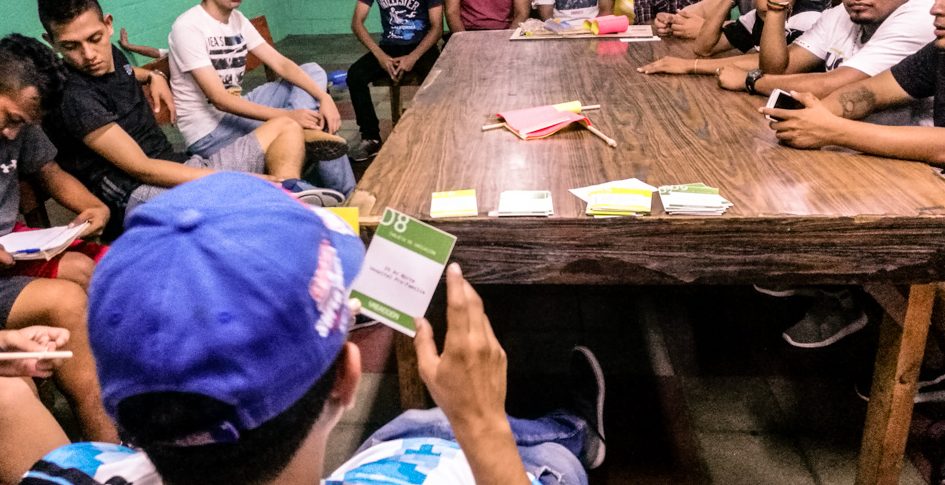Last year I wrote about a card game that we designed to determine safe and unsafe areas in San Salvador. The game’s premise was simple: to randomize questions and prompt yes/no answers regarding points on a map, all of this done as a physical exercise by using cards. The resulting data points were put used to produce a map of perceptions. At the end of the exercise, participants evaluated the results and validated the perceptions of the community.
This past September I presented this experience at the ECSA 2020 conference. The proposal consisted of using this game as a method of developing scientific literacy among dabblers, that is, one-time participants or people with little experience in citizen science. As they navigate the experience of gathering perceptions and validating them, this process can help them solidify the concept of a hypothesis and the notion of falsifying initial perceptions about a problem. In turn, they can have a more informed view of the problem at hand, which will motivate them to participate in the future. We definitely saw this as a positive outcome of our experience.
You can see the presentation below.
